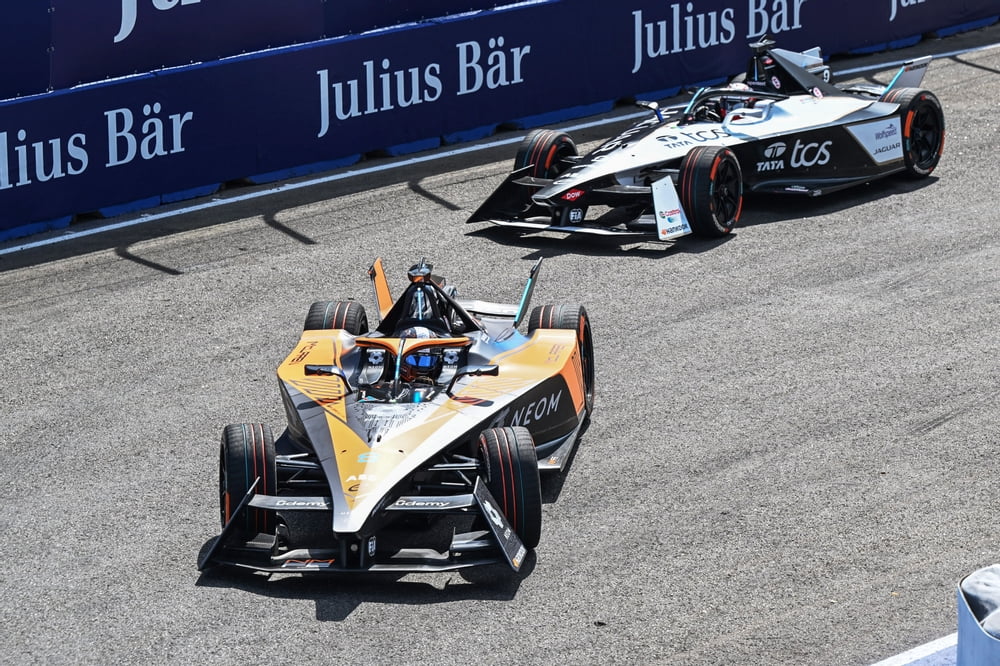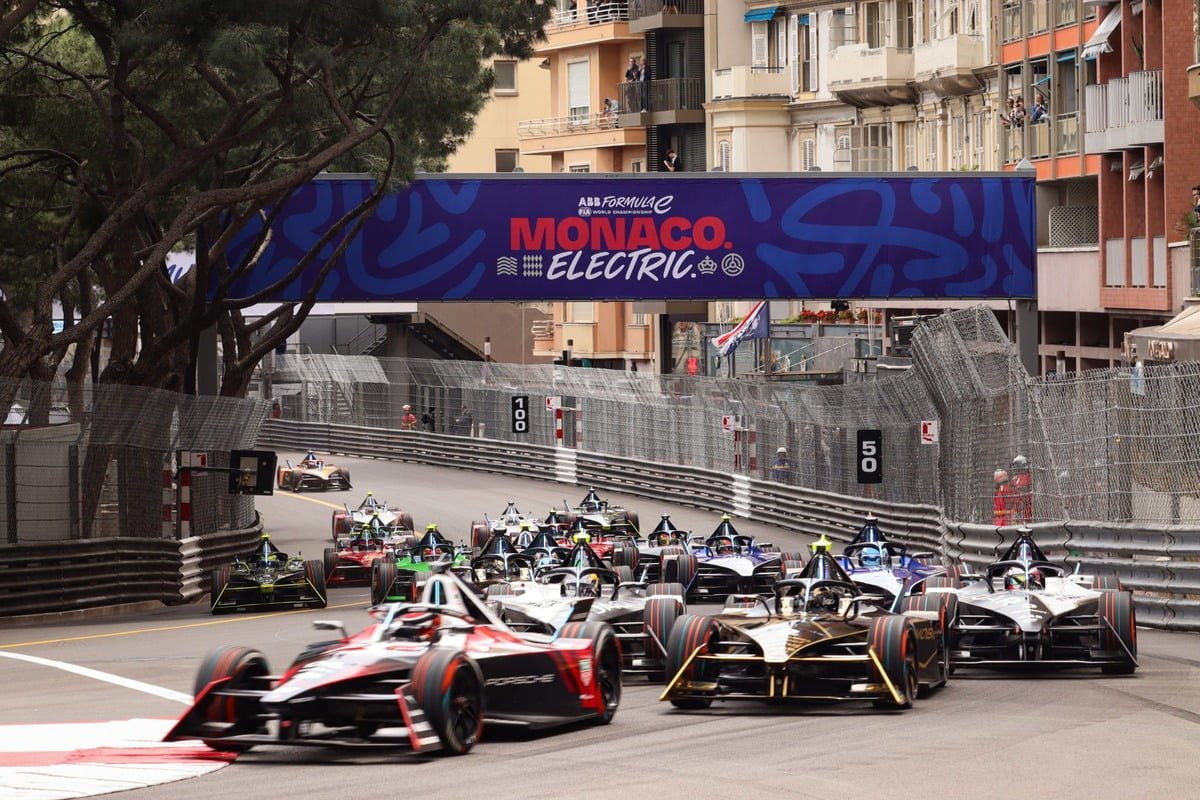As the automotive world shifts gears towards electric and hybrid cars, there’s one big question that looms: will Formula E ever become as popular as Formula 1?
The roar of high-tech engines and the scent of burning rubber have long helped to define Formula 1, but the silent speed of electric racing is gaining momentum.
The rise of Formula E
Formula E, the all-electric racing series, has been steadily growing since its inception in 2014. What started as a niche concept has now evolved into a full-fledged championship, attracting major manufacturers like Maserati, Nissan, and Jaguar. With races held on street circuits in iconic cities like London, Berlin, and Tokyo, Formula E is bringing motorsport to urban centres worldwide.
Green appeal
One of Formula E’s biggest selling points is its commitment to sustainability. As the world grapples with climate change, Formula E is showcasing the potential of electric vehicles. The championship’s zero-emission race cars and initiatives like carbon-neutral events resonate with environmentally conscious fans and sponsors alike.
Formula 1, meanwhile, has been making strides towards sustainability with initiatives like hybrid engines and plans for carbon neutrality by 2030. But its deep-rooted association with fuel-guzzling machines presents a greater challenge in transforming its image. As the audience becomes increasingly eco-aware, Formula E’s green appeal may give it an edge.

Innovation
Both Formula 1 and Formula E are testbeds for automotive innovation. Formula E focuses on key areas for the future of consumer electric vehicles, including electric powertrains, battery technology, and energy management systems. The tech developed on the Formula E circuit often finds its way into road cars, accelerating the transition to electric mobility.
Formula 1, with its hybrid engines and aerodynamic wizardry, pushes the boundaries of what’s mechanically possible. Formula 1’s innovation frequently trickles down to everyday cars, enhancing performance, safety, and efficiency.
While both series contribute significantly to automotive advancements, Formula E’s direct relevance to the burgeoning electric vehicle market may give it a unique advantage in the coming years.
Both sports must contend with other rivals in the 21st century. The digital age has seen constant innovation in sports and entertainment. Esports have become increasingly popular, with online competitions attracting millions of viewers and rivalling more traditional sports.
The success of this niche is tightly associated with the popularity of online casinos, too, since they represent the ‘frontrunner’ of digital reinventions to audiences of millions.
Spectacle
When it comes to sheer spectacle, Formula 1 currently reigns supreme. The high-speed drama, the thrilling overtakes, and the legendary circuits like Monaco and Silverstone provide plenty of memorable races for fans. The history and heritage of Formula 1 add to its allure, with stories of iconic drivers and epic battles etched into folklore.
Formula E is rapidly building its own legacy. The street circuits, often narrow and unforgiving, lead to close racing and frequent overtakes. Formula E’s unique format, including the fan boost feature where fans can vote to give their favourite driver a temporary speed boost, adds an interactive element to races.
As the sport continues to evolve, its distinctive brand of racing may attract larger audiences.
Star power
In motorsport, drivers are the heroes, and their charisma can significantly influence a sport’s popularity. Formula 1 has produced stars like Ayrton Senna, Michael Schumacher, and Lewis Hamilton, whose fame extends beyond the track. The personalities and rivalries among drivers add to the drama and draw fans to the sport.
Formula E, while attracting talented drivers, has yet to produce household names on the same scale. But as the series matures and its visibility increases, we could see new stars emerge from the electric grid.
The future
So will Formula E ever become as popular as Formula 1? Right now, it’s hard to say. But as electric vehicles become the norm and the push for sustainability intensifies, Formula E’s relevance and appeal are likely to grow. The sport’s commitment to innovation and environmental consciousness means that Formula E is positioned well for the future.









